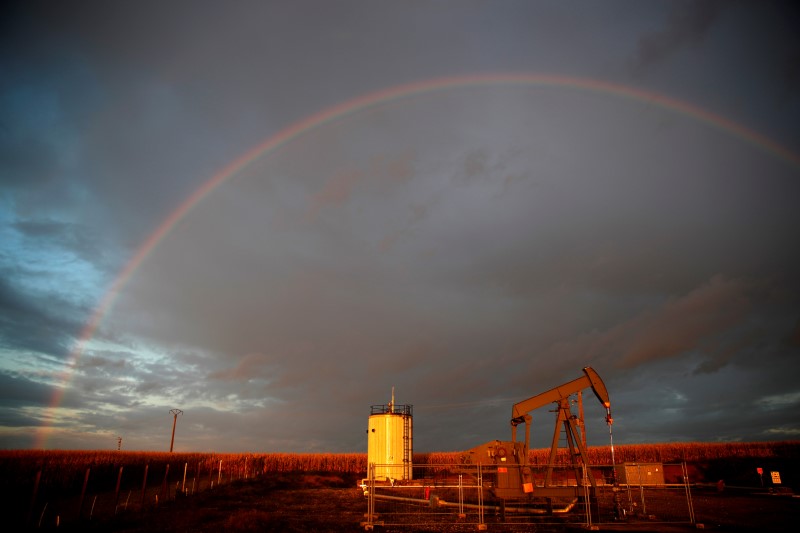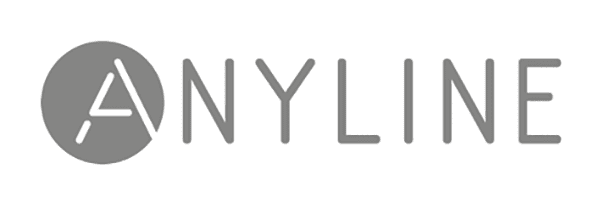
© Reuters.
By Peter Nurse
Investing.com — Oil prices climbed Monday to their highest levels in two months, helped by signs of China reopening from COVID lockdowns and ahead of the latest European Union meeting to discuss banning Russian oil imports.
By 5:05 AM ET (0905 GMT), U.S. crude futures traded 0.6% higher at $115.75 a barrel, while the Brent contract rose 0.6% to $116.28 a barrel.
U.S. Gasoline RBOB Futures were up 0.2% at $3.9211 a gallon.
News that curbs on movement in key regions of China were loosened over the weekend has helped the market, with Beijing reopening some parts of public transport on Sunday while Shanghai is aiming to exit a two-month COVID lockdown on June 1.
Strict mobility restrictions have severely hit the nation’s economy, the second largest in the world and the biggest importer of crude in the globe.
Elsewhere, attention is focused on a meeting of European Union leaders, starting later in the day, to discuss a sixth package of sanctions to punish Moscow for its invasion of Ukraine, potentially including an oil embargo on Russia.
The EU had hoped to finalize plans to stop buying Russian crude oil and refined products by the end of the year, but needs unanimous backing and has run into opposition from Hungary and, to a lesser extent, Czechia and Slovakia. The three landlocked countries all have a historical dependence on oil delivered by Soviet-era pipelines.
“Hungary wants EU funding in order to help them increase pipeline capacity from Croatia and also for refiners to be able to switch to alternative crude,” said analysts at ING, in a note.
“Diplomats are expected to meet ahead of the summit today, however, it’s unlikely that members come to an agreement when they meet, given that talks have not progressed enough.”
Any further ban on Russian oil would tighten a crude market already strained for supply amid rising demand as the peak summer demand season in the United States and Europe draws near.
Adding to a tight market, the Organization of the Petroleum Exporting Countries and allies, a group which includes Russia and is known as OPEC+, is expected to raise July output targets by a modest 432,000 barrels per day, keeping to its previously stated plan, and rebuffing Western calls for a faster increase to try and curb high prices.
“However, as we have seen for several months now, it is unlikely that members will produce anywhere near their agreed output levels,” added ING.
Elsewhere, France called for the release of two Greek-flagged oil tankers seized by the Islamic Revolutionary Guard Corps in the Persian Gulf last week, widely seen as a reaction to Greek authorities, in coordination with the US, confiscating a Russian-flagged vessel for allegedly carrying sanctioned Iranian oil.
Source: Investing.com










![[Geojit Comtrade] Daily report on Natural Rubber: December 4, 2012](https://img.globalrubbermarkets.com/2024/08/geojit-comtrade-daily-report-on-natural-rubber-december-4-2012.jpg?resize=120%2C86&ssl=1)

















